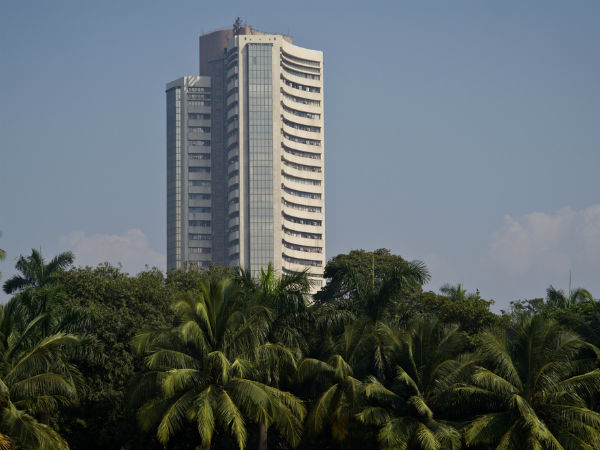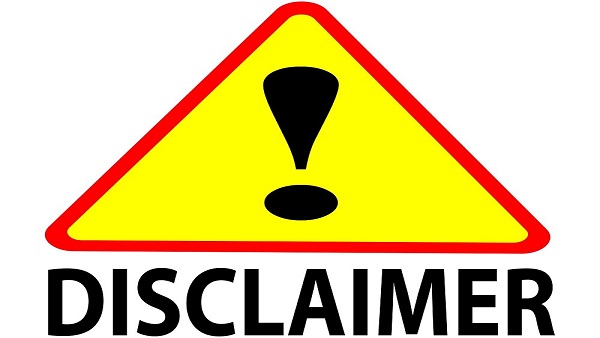1. Dixon Technologies:
About the stock: Dixon Technologies is India’s leading electronic manufacturing
(EMS) provider and one of the largest beneficiaries of the government’s PLI scheme.
• Dixon operates in both original equipment manufacturing (OEM) and original design manufacturing (ODM)
• Revenue growth witnessed in the Q2 quarter of FY22, though the delay in price hike weighed on gross margins. Revenue increased but EBITDA and gross margin registered a decline. Profitability also rose YoY by 20 percent to Rs. 63 crore.
• Strong RoE, RoCE at around 20%, 24%, respectively (three year’s average).
Investors given the huge momentum in stock which has gained 9 times over the past 4 years are suggested to buy in the stock, valuing it at Rs. 5990 i.e. 51x P/E on FY24E EPS. This means an upside of 20 percent from current price level of Rs. 4993.55.
Key triggers for future price performance:
• Indian EMS industry is valued at $23.5 billion. Dixon currently has a market share of 3-4%, which leaves opportunity to expand and grow
• Domestic mobile production is set to grow 5x to Rs. 10.5 lakh crore by FY26 under PLI scheme. Dixon is one of the main beneficiaries
• New segments such as electronics/IT products, telecom products and LED lights & AC component will drive future revenue for Dixon.
Alternate Stock Idea: Other than Dixon, ICICI Direct also like Havells in our coverage
• Trigger for Havells’ future revenue growth would be a revival in Lloyds revenues and improvement in margin
• BUY with a target price of Rs. 1545.
2. Dalmia Bharat Sugar:
For this sugar manufacturer, ICICI Direct has set a target price of Rs. 610, implying return potential of 54.7 percent from current price of Rs. 394.3.
The company is being deemed to deliver consistent performance and is close to reach net debt free status.
Key takeaways about the company
• The company is expanding its sugarcane & molasses and grain based annual distillery capacity from current 8.5 crore litre to 21 crore litre, which would be completed in a phased manner by December 2022
Q2FY22 Results: Owing to higher exports the company delivered steady set of numbers. Sales came in flat on a year basis, EBITDA too saw a marginal decline and PAT rose over 6 percent YoY helped by lower reduced interest expense
Brokerage’s expectation on the stock going ahead
“We expect 2.5x increase in distillery volumes to boost earnings with CAGR of 16.1% during FY21-24E. We maintain our BUY rating on the stock
Target Price and Valuation: We value the stock at | 610, ascribing a multiple of 14x FY23 earnings”, adds the report.
Key triggers for future price performance:
• DBS is fastest in utilising B-heavy, sugarcane juice & grain route to produce ethanol. Distillery volumes to grow 2.5x to 21 crore litre by FY24
• The company been aggressive in exporting sugar & utilising higher global white sugar prices. Freight cost is much lower given its proximity to ports
• With the increasing profitability & reduction in sugar inventories, DBS would be generating cumulative free cash flow of Rs. 626 crore in the next three
years despite around Rs.700 crore capex
Alternate Stock Idea: The company is also bullish on Balrampur Chini. The company is second largest and one of the most efficient sugar companies in India. Along with sugarcane juice, B-heavy, the company is
also utilising grain based ethanol to leverage the ethanol opportunity in India. We value the stock at Rs. 515/share with a BUY recommendation”, adds the report.
Disclaimer:
The two scrips mentioned here are taken from the report ICICI Direct and readers should not construe them as recommendation to buy into these stocks. Stock market investment is risky. Please do your own study and analysis.
GoodReturns.in






